In the fascinating world of exotic pet ownership, the source of these animals matters tremendously. While many people are drawn to the allure of keeping unique and unusual animals as companions, few consider the critical distinction between ethical and unethical breeding practices. The exotic pet industry exists in a complex space where legislation, animal welfare, conservation concerns, and personal responsibility intersect. Understanding the profound differences between responsible breeders who prioritize animal welfare and those who exploit animals for profit is essential for anyone considering an exotic pet. This article explores the key distinctions between ethical and unethical exotic pet breeders, helping potential owners make informed, conscientious choices.
The Legal Landscape of Exotic Pet Breeding
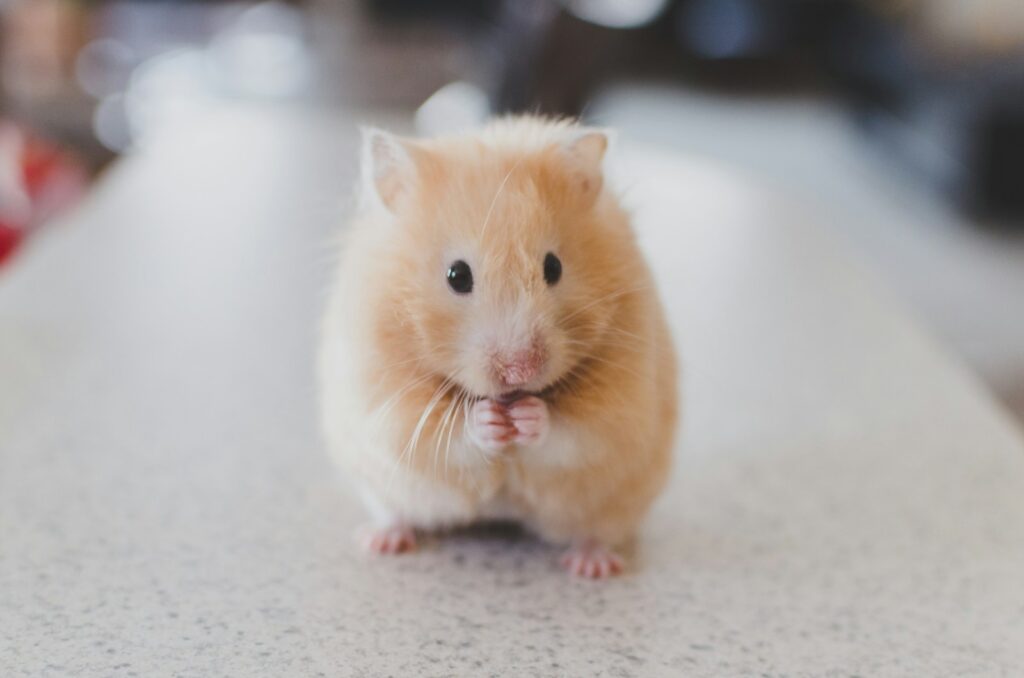
The regulatory framework surrounding exotic pet breeding varies dramatically between countries and even between states or provinces within the same country. Ethical breeders operate within the bounds of these laws, obtaining all necessary permits, licenses, and documentation required by local, state, and federal authorities. They maintain transparent records of their breeding stock’s origins and can provide legitimate documentation for every animal they sell. Unethical breeders, by contrast, often operate in legal gray areas or outright illegality, breeding protected species, smuggling animals across borders, or falsifying documentation to circumvent regulations. These illegal operations not only harm individual animals but can also contribute to the decline of wild populations and introduce invasive species to new environments.
Breeding Facilities and Living Conditions

One of the most visible differences between ethical and unethical breeders lies in the conditions of their breeding facilities. Responsible breeders invest significantly in proper housing that mimics natural habitats, provides appropriate space, temperature, humidity, and enrichment tailored to each species’ specific needs. Their facilities are clean, well-maintained, and designed with the animals’ physical and psychological well-being as the priority. In stark contrast, unethical breeding operations often keep animals in cramped, filthy conditions with minimal investment in proper enclosures, environmental controls, or enrichment. These substandard facilities frequently house too many animals in too little space, prioritizing quantity over quality and profit over welfare, resulting in stressed, unhealthy animals experiencing significant suffering.
Genetic Diversity and Inbreeding Practices
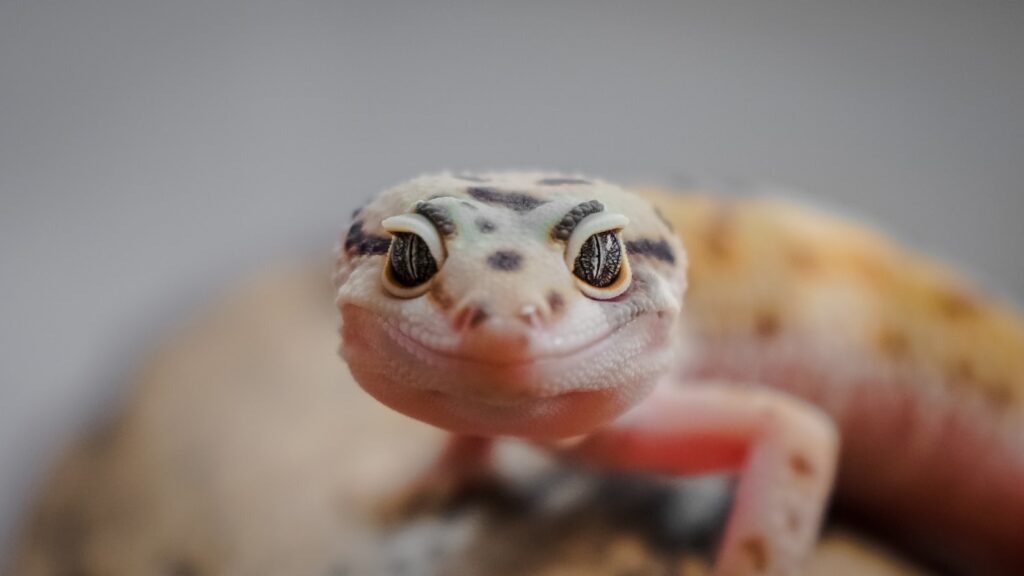
Ethical exotic pet breeders maintain careful breeding records and deliberately plan pairings to preserve genetic diversity and prevent inbreeding. They understand the long-term health implications of genetic bottlenecks and work to maintain robust, diverse breeding populations, often collaborating with other responsible breeders to exchange breeding stock. They avoid breeding closely related animals and select for health and temperament rather than just unusual coloration or physical traits. Unethical breeders frequently engage in excessive inbreeding to produce desirable physical traits or rare color morphs that command premium prices, with little concern for the health problems that often accompany such practices. This focus on marketable characteristics over animal welfare results in higher rates of congenital defects, weakened immune systems, and shortened lifespans, creating suffering for the animals and heartbreak for the owners who purchase them.
Diet and Nutritional Standards

Nutrition plays a fundamental role in the health and well-being of any animal, and ethical breeders dedicate significant resources to providing species-appropriate diets. They research and implement feeding protocols based on scientific understanding of their animals’ nutritional requirements, often consulting with veterinarians specialized in exotic species. These breeders tend to use high-quality commercial foods supplemented with fresh ingredients, maintaining careful feeding schedules tailored to each species and individual. Unethical breeders typically cut corners on nutrition, feeding the cheapest available options without regard for nutritional balance or species-specific needs. This substandard nutrition leads to malnourished animals with compromised immune systems, developmental issues, and shorter lifespans, creating animals that appear healthy at sale but develop serious health problems later in life.
Veterinary Care and Health Management
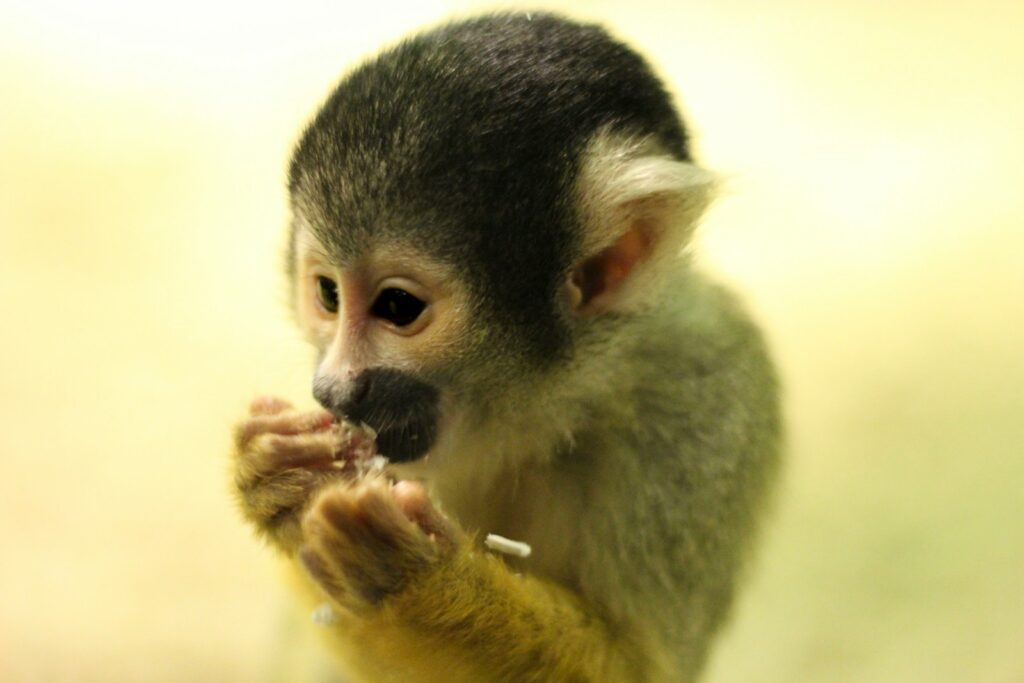
Regular veterinary care is a hallmark of ethical exotic animal breeding operations. Responsible breeders establish relationships with veterinarians specializing in exotic species and conduct routine health examinations, preventative care, and immediate treatment when health issues arise. They maintain detailed health records for each animal, implement appropriate vaccination and parasite prevention protocols, and quarantine new animals to prevent disease spread. Unethical breeders typically provide minimal veterinary care, often limited to emergencies or obvious illness, and may attempt to treat sick animals themselves rather than seeking professional care. They rarely conduct preventative health screenings or maintain proper vaccination schedules, and frequently sell animals with undiagnosed health conditions, parasites, or contagious diseases that can spread to other pets or even pose zoonotic risks to human family members.
Breeding Age and Frequency Considerations

Ethical breeders respect the natural reproductive cycles and lifespans of their animals, allowing females to reach appropriate physical maturity before breeding and providing adequate recovery time between breeding cycles. They limit the number of litters a female produces in her lifetime, retiring breeding animals at an appropriate age and ensuring they have quality lives after their breeding years. These breeders understand that excessive breeding takes a physical toll on female animals and can lead to numerous health complications and shortened lifespans. Unethical operations often breed females at the earliest possible age, regardless of their physical readiness, and continue breeding them far too frequently throughout their lives. This overbreeding maximizes profit at the expense of the animals’ health, treating females essentially as production units rather than living beings deserving of care and consideration.
Socialization and Behavioral Development
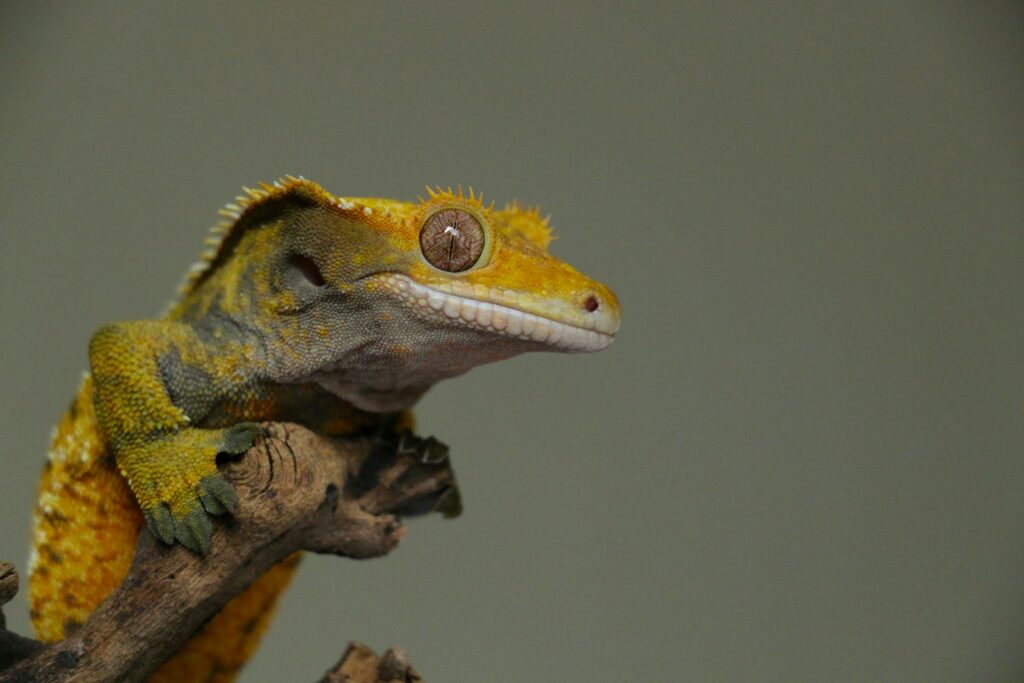
Proper socialization during critical developmental periods is essential for exotic animals that will become pets, and ethical breeders dedicate substantial time to this process. They handle young animals appropriately, expose them to various stimuli, and begin basic training that makes them suitable companions. For species that naturally live in groups, ethical breeders ensure young animals have appropriate interaction with conspecifics to develop normal social behaviors and communication skills. Unethical breeders neglect this crucial aspect of animal development, focusing solely on physical growth while ignoring behavioral and psychological needs. The resulting animals often develop severe behavioral problems including aggression, extreme fearfulness, self-mutilation, or stereotypic behaviors (repetitive, purposeless movements indicating psychological distress), making them challenging or even dangerous pets that often end up abandoned or euthanized.
Selecting Appropriate Homes

Perhaps one of the most telling differences between ethical and unethical breeders lies in their approach to selling animals. Responsible breeders carefully screen potential buyers, often using questionnaires, interviews, and home visits to ensure their animals go to knowledgeable, prepared homes with appropriate resources. They freely share information about the species’ specific care requirements, potential challenges, lifespan, and expenses, sometimes refusing sales to unprepared buyers even at financial cost to themselves. Ethical breeders typically offer support throughout the animal’s life, remaining available to answer questions and provide guidance as needed. Conversely, unethical breeders sell to virtually anyone willing to pay, conducting no screening and providing minimal or incorrect care information. Their focus remains solely on completing the sale, with no concern for the animal’s future welfare or the buyer’s preparedness, leading to high rates of abandonment, neglect, and suffering.
Conservation Impact and Wild Population Concerns
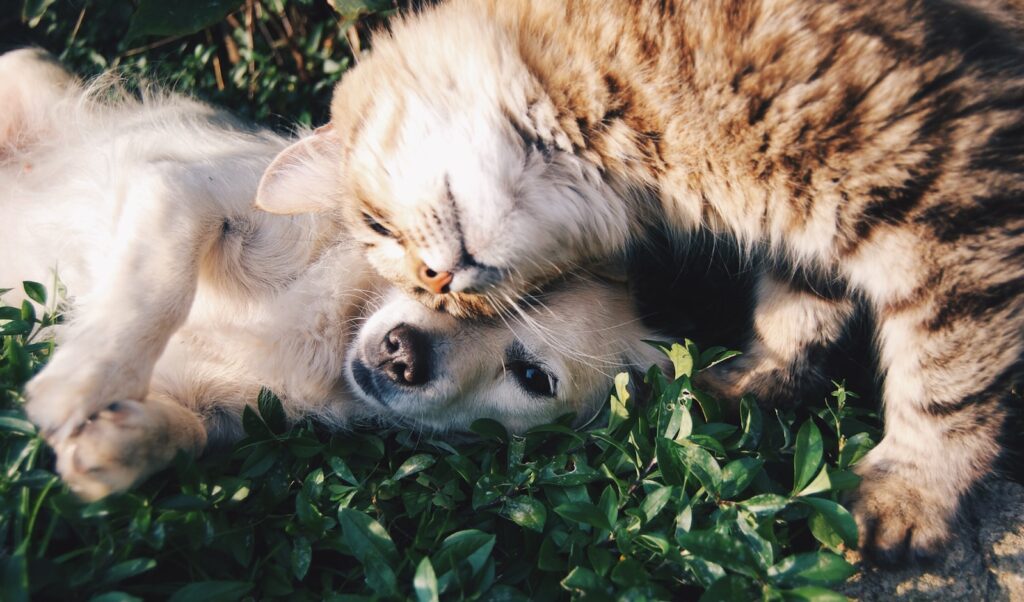
Ethical exotic pet breeders understand their responsibility toward conservation and avoid practices that might negatively impact wild populations. They obtain their breeding stock from other reputable breeders or legitimate captive sources, never purchasing animals that may have been illegally collected from the wild. Some ethical breeders even participate in formal conservation breeding programs or studbooks for endangered species, working collaboratively with zoos and conservation organizations. Unethical breeders often contribute directly to wildlife trafficking and population decline by purchasing animals captured from the wild or supporting those who do. This practice not only removes individuals from wild populations but often involves high mortality rates during capture and transport, meaning many animals die for each one that reaches the pet trade. Some unethical breeders also mislead buyers about the origin of their animals, selling wild-caught specimens as “captive-bred” to command higher prices or avoid legal restrictions.
Transparency in Business Practices

Ethical breeders operate with complete transparency, willing to show their facilities to potential buyers and openly discuss their breeding practices, animal origins, and business operations. They provide detailed written contracts that protect both the buyer and the animal, including health guarantees and return policies should the owner become unable to care for the pet. These breeders keep meticulous records and provide comprehensive documentation with each animal sold, including birth date, parentage, health records, and feeding information. Unethical breeders shroud their operations in secrecy, often refusing facility visits or limiting them to small “showcase” areas that hide the true conditions. They typically conduct cash-only transactions with minimal paperwork, providing no meaningful guarantees or support after sale and often disappearing or changing business names when problems arise, leaving buyers with no recourse when purchased animals develop health or behavioral issues.
Educational Roles and Community Involvement
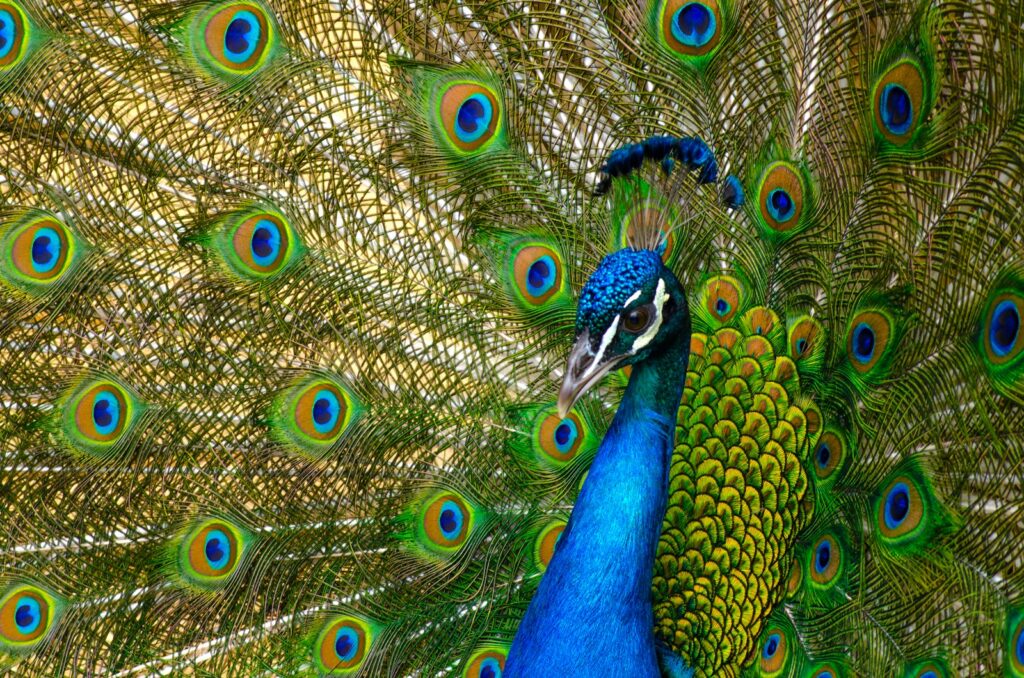
Many ethical exotic animal breeders see education as a core part of their mission, actively working to improve care standards within the exotic pet community. They frequently publish care guides, participate in or host educational seminars, contribute to research, and mentor newcomers to the field with accurate, science-based information. These breeders often belong to professional organizations dedicated to the welfare and proper husbandry of the species they work with, adhering to established best practices and codes of ethics. Unethical breeders contribute nothing to the advancement of knowledge or improvement of care standards, instead perpetuating myths and outdated husbandry practices that maximize profit at the expense of animal welfare. They typically operate in isolation from the broader community of responsible exotic animal professionals, avoiding scrutiny of their practices and rejecting guidelines that would require greater investment in animal care.
Pricing and Financial Transparency
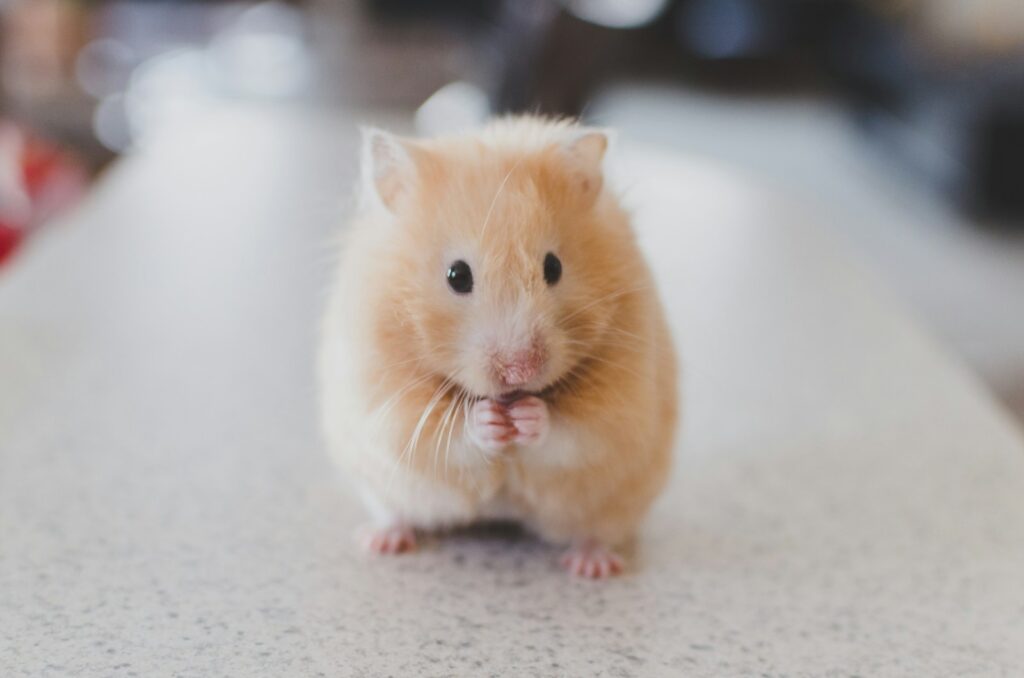
While ethical breeding operations typically charge higher prices than unethical ones, these prices reflect the substantial investment in proper husbandry, nutrition, veterinary care, and facilities. Responsible breeders can explain their pricing structure and the costs that contribute to it, never misrepresenting an animal’s value or rarity to inflate prices artificially. They price animals based on actual costs plus reasonable compensation for their expertise and labor, viewing breeding as both a passion and a professional endeavor requiring appropriate compensation to remain sustainable. Unethical breeders often employ manipulative pricing strategies, using artificially low prices to move animals quickly with little regard for appropriate placement, or exorbitant prices for animals falsely marketed as rare or special. They frequently misrepresent common color variations as exceptional or unique, invent marketing terms for ordinary traits, or falsely claim animals possess characteristics they don’t have, all to justify inflated prices and capitalize on buyer inexperience.
Identifying Ethical Breeders: A Buyer’s Guide

For prospective exotic pet owners, identifying truly ethical breeders requires substantial research and due diligence. Responsible buyers should expect to visit facilities in person, ask detailed questions about breeding practices, request references from previous customers, and verify all required licenses and permits. Ethical breeders welcome these inquiries and respond with patience and transparency, viewing educated buyers as partners in ensuring animal welfare. Buyers should be wary of breeders who refuse facility visits, provide evasive answers to direct questions, pressure quick sales decisions, or lack proper documentation. The internet has made it easier to research breeder reputations through forums, review sites, and social media, where previous customers often share their experiences. Potential owners must remember that purchasing an exotic animal is not just acquiring a pet but supporting either ethical or unethical breeding practices with their consumer dollars, making each purchase a significant ethical decision with real-world impacts on animal welfare.
Conclusion
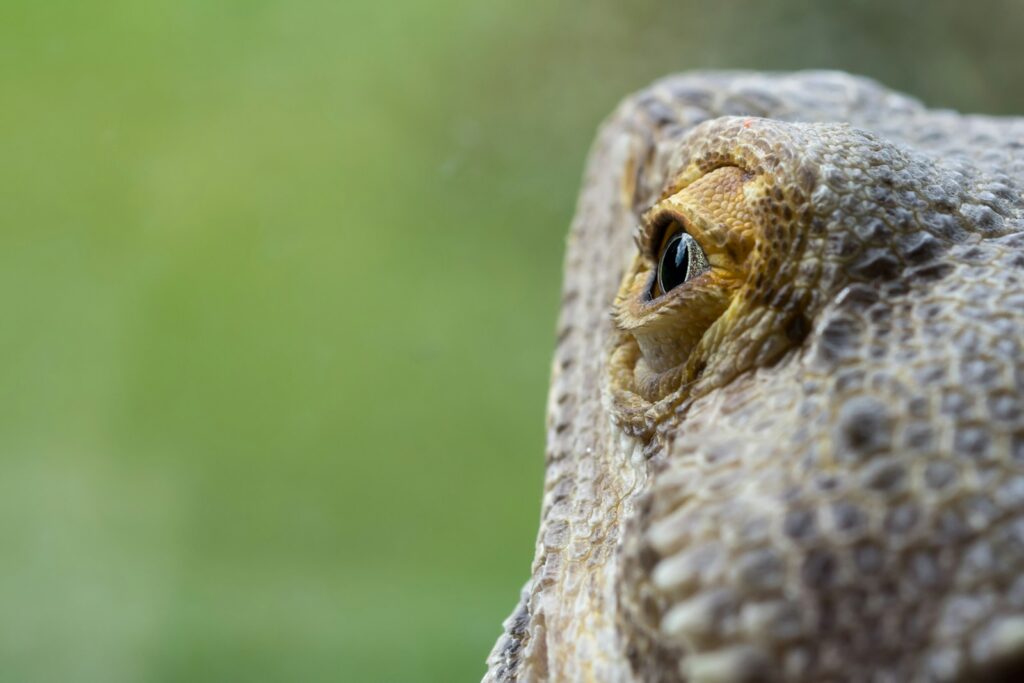
The distinction between ethical and unethical exotic pet breeders extends far beyond simple business practices – it represents fundamentally different value systems regarding animal welfare, conservation, and responsibility to both the animals and their future owners. Ethical breeders operate with transparency, prioritize animal wellbeing over profit, and contribute positively to both the exotic pet community and conservation efforts. By supporting only ethical breeders, prospective exotic pet owners not only increase their chances of acquiring a healthy, well-adjusted animal but also help create market pressure that elevates standards across the industry. As public awareness grows regarding the significant welfare issues within the exotic pet trade, the demand for ethically bred animals continues to rise, offering hope that someday all exotic animals in the pet trade will receive the care, respect, and consideration they deserve.
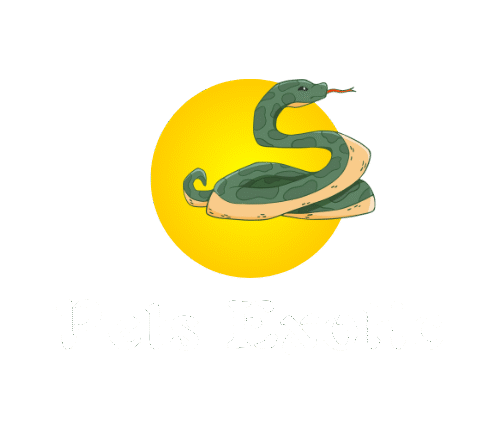
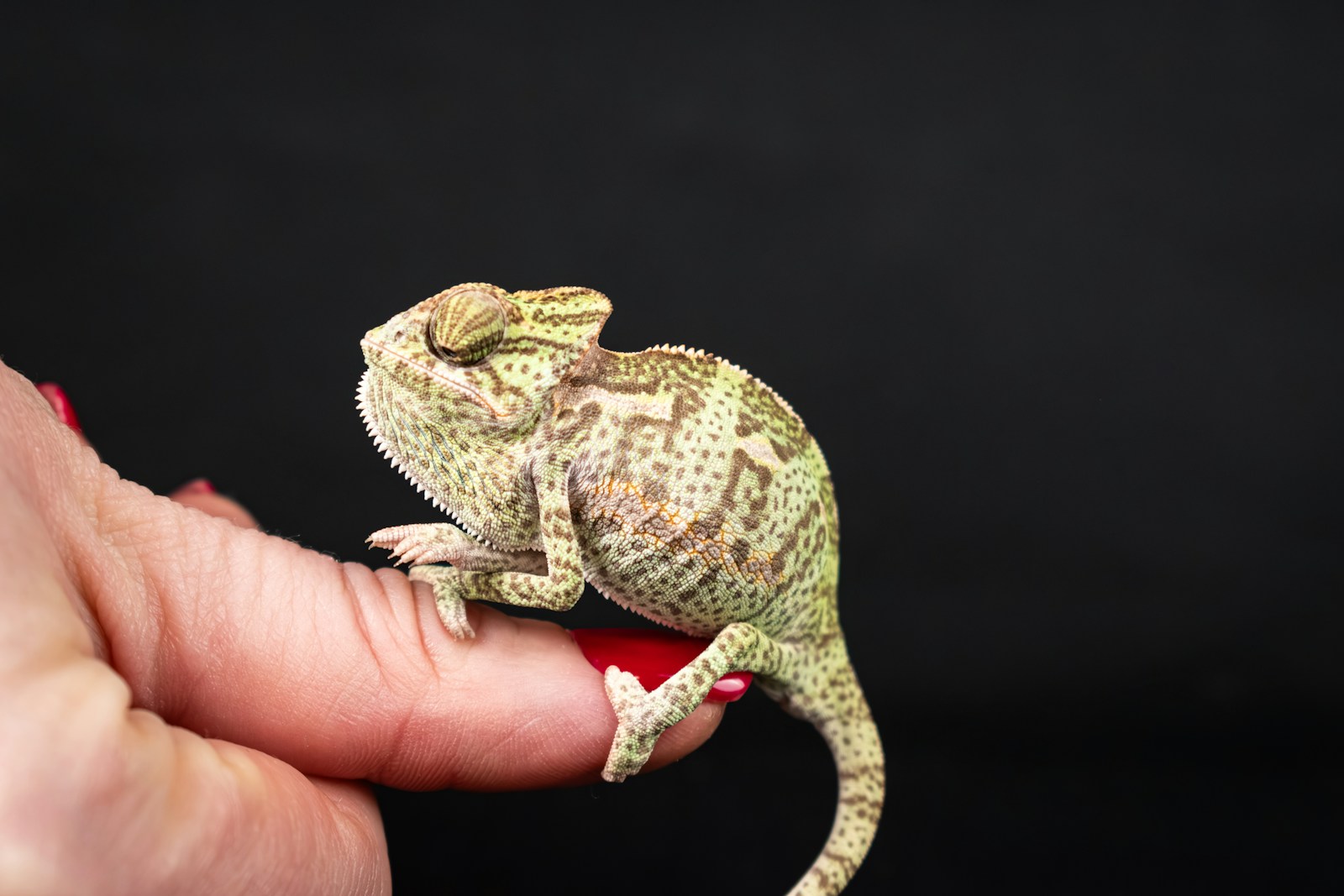
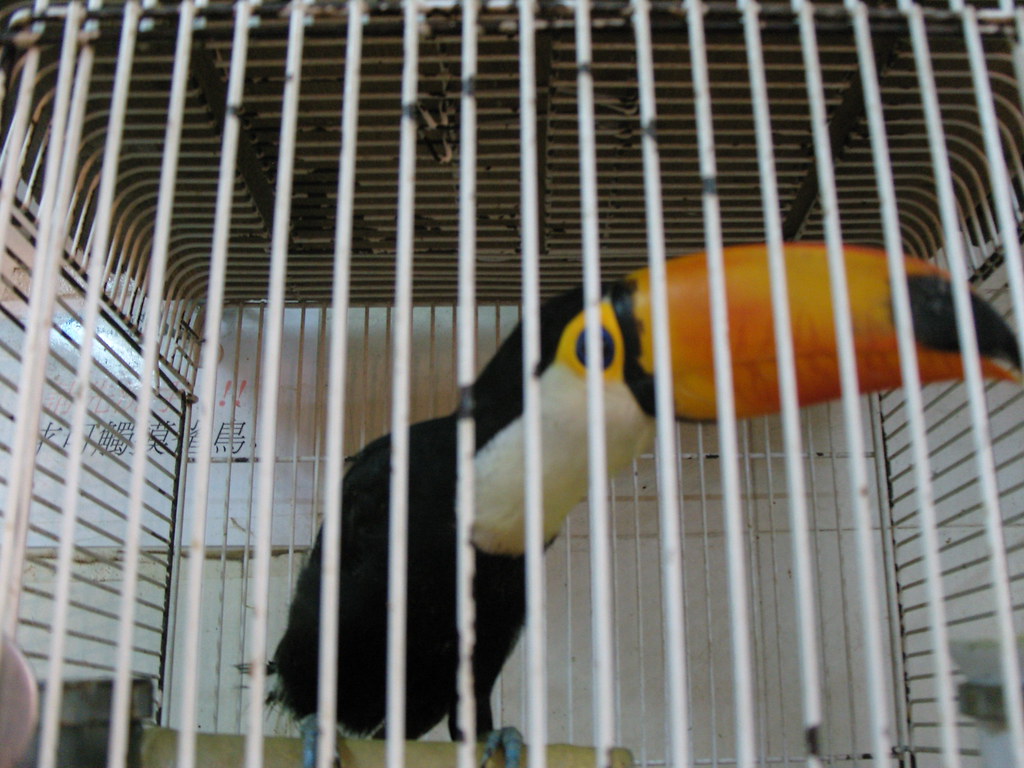
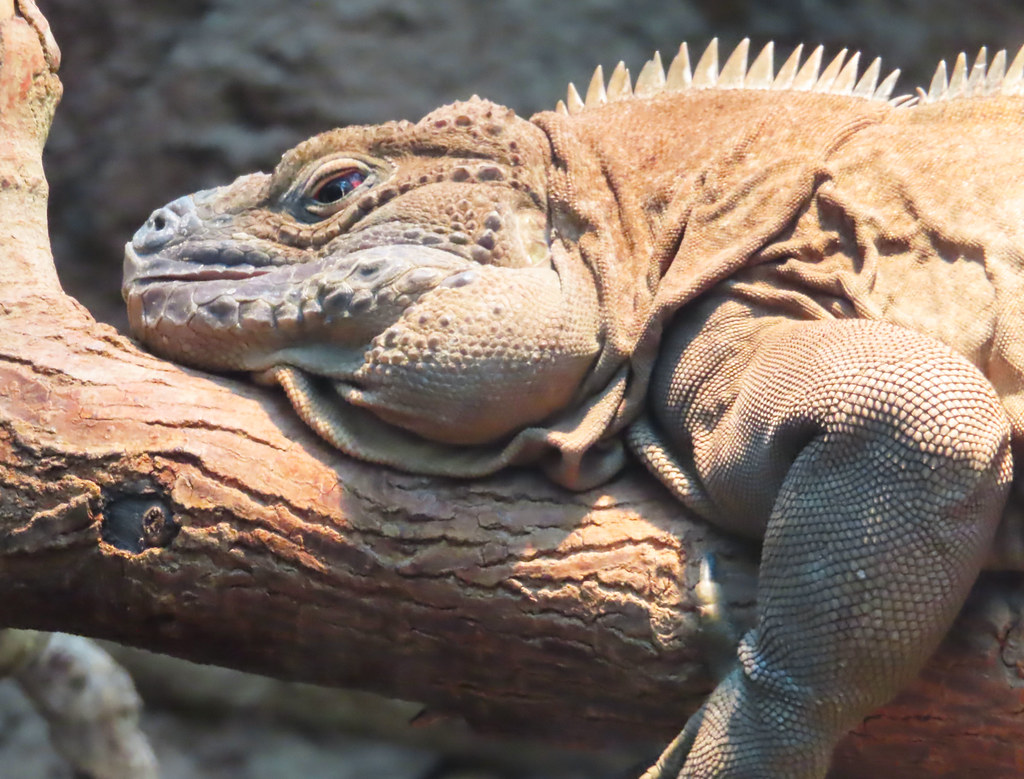

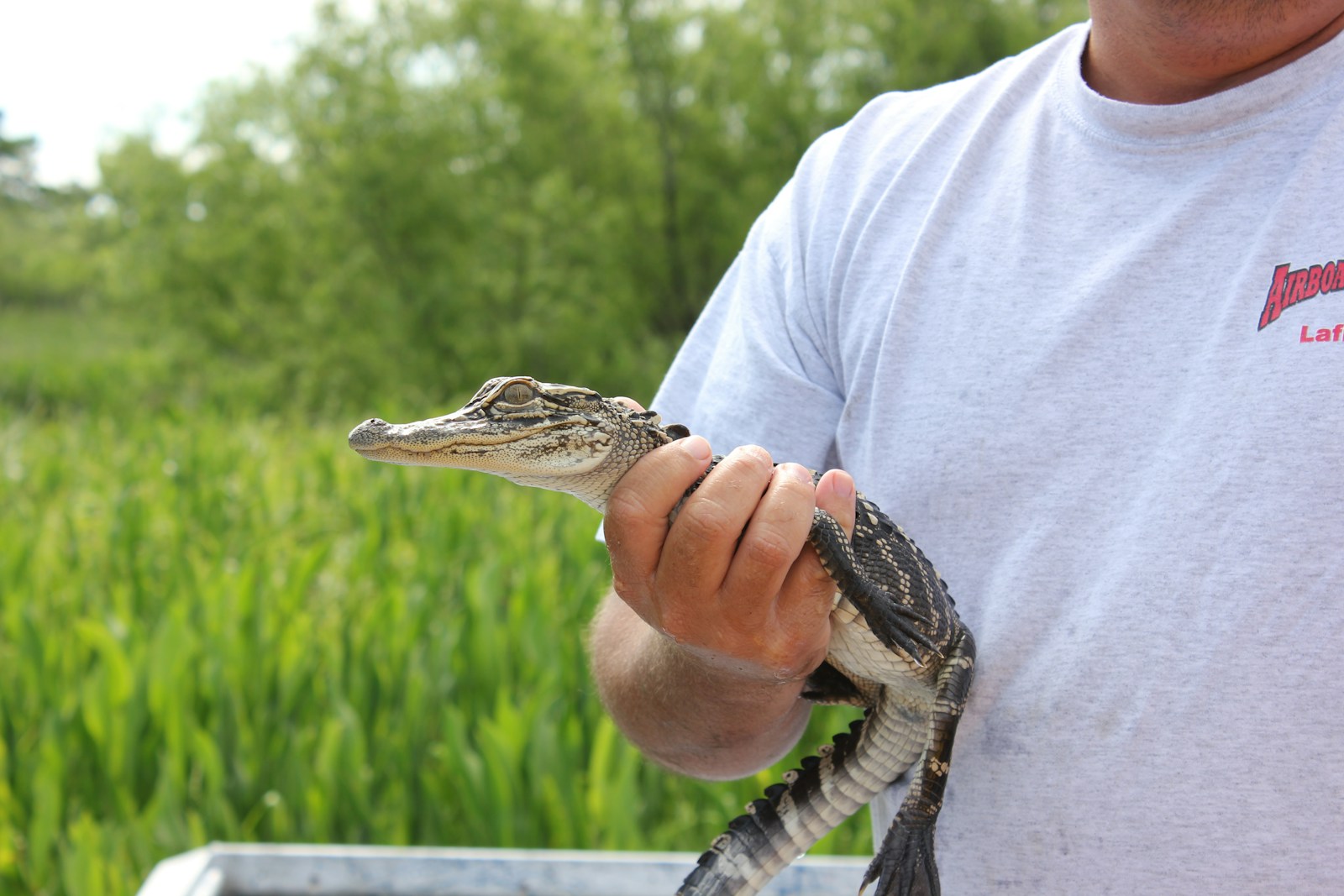
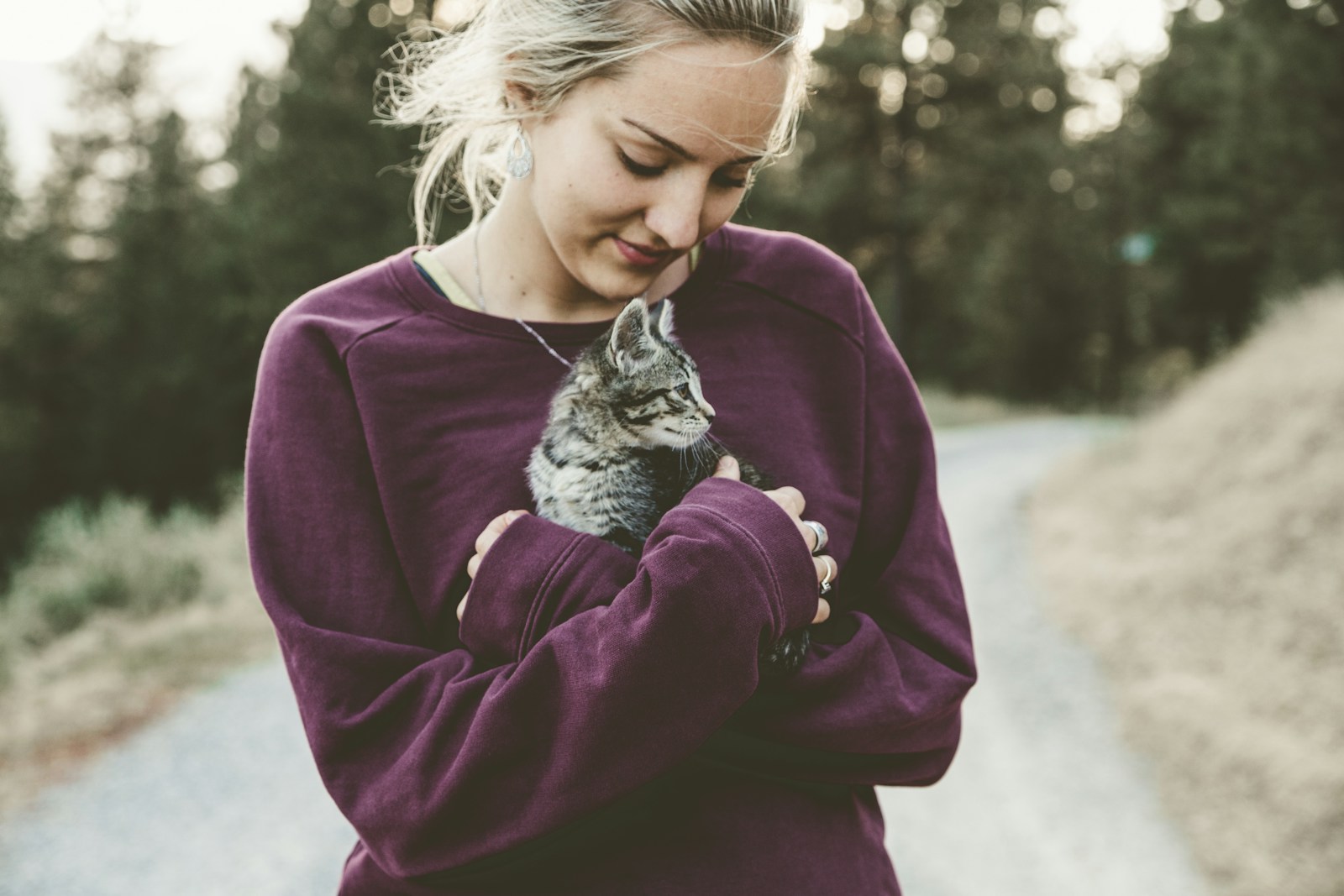
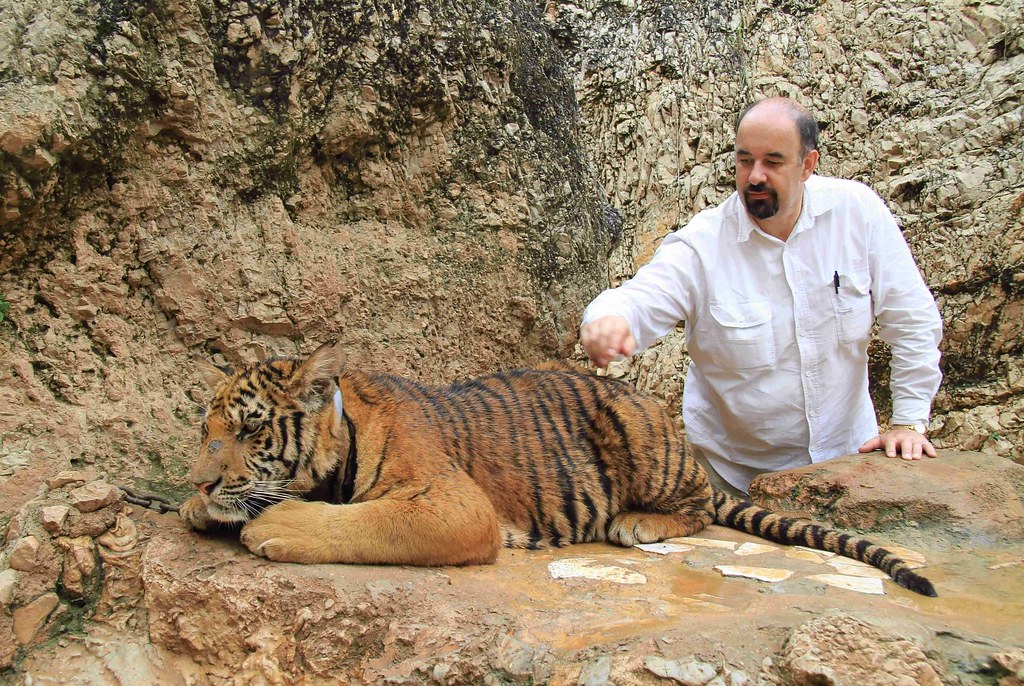
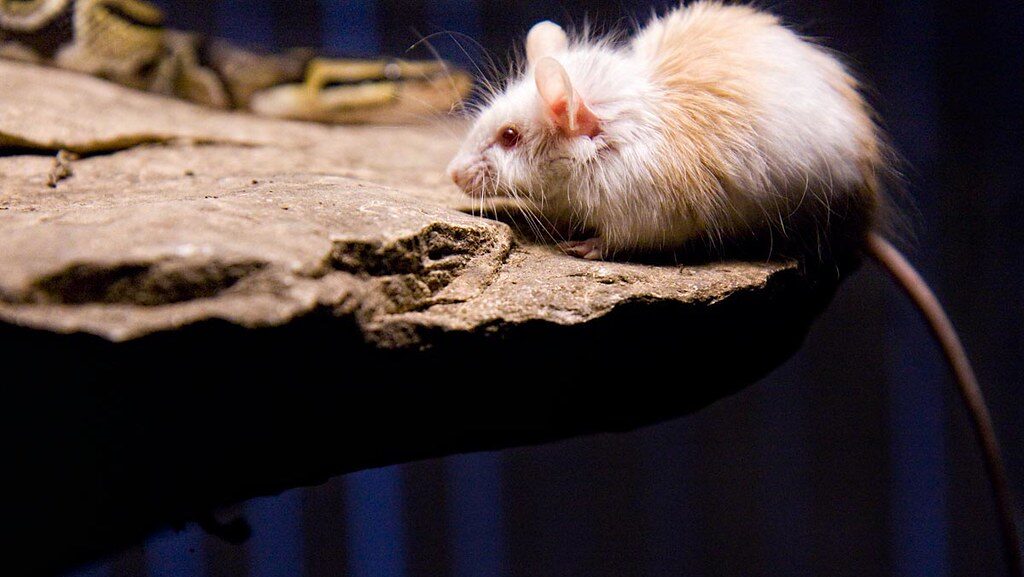
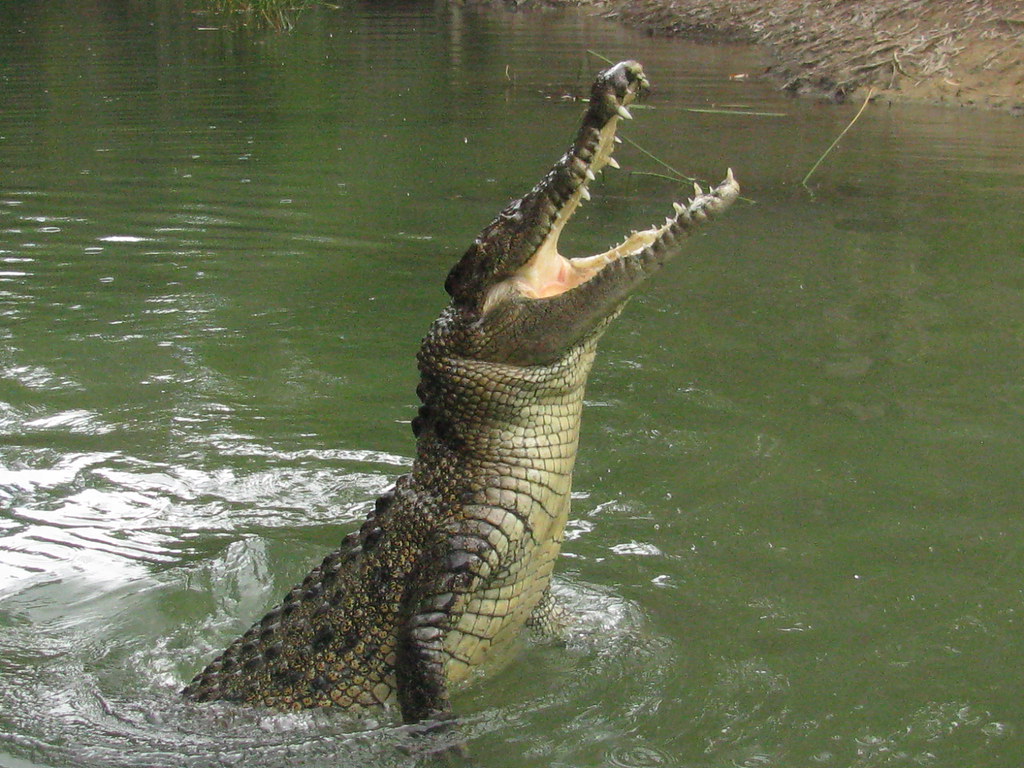
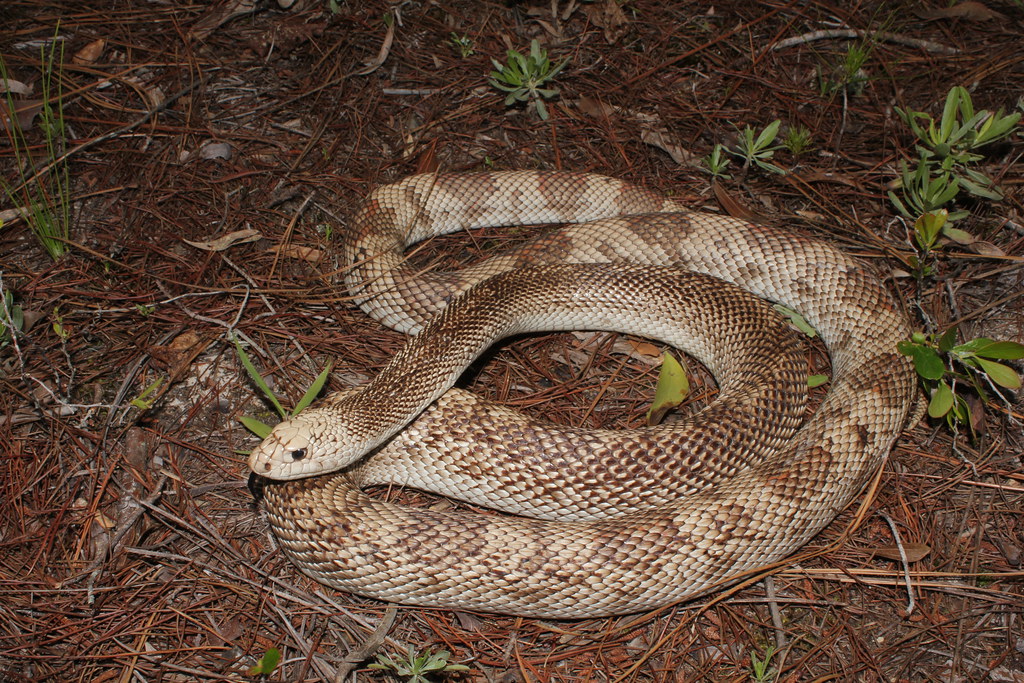

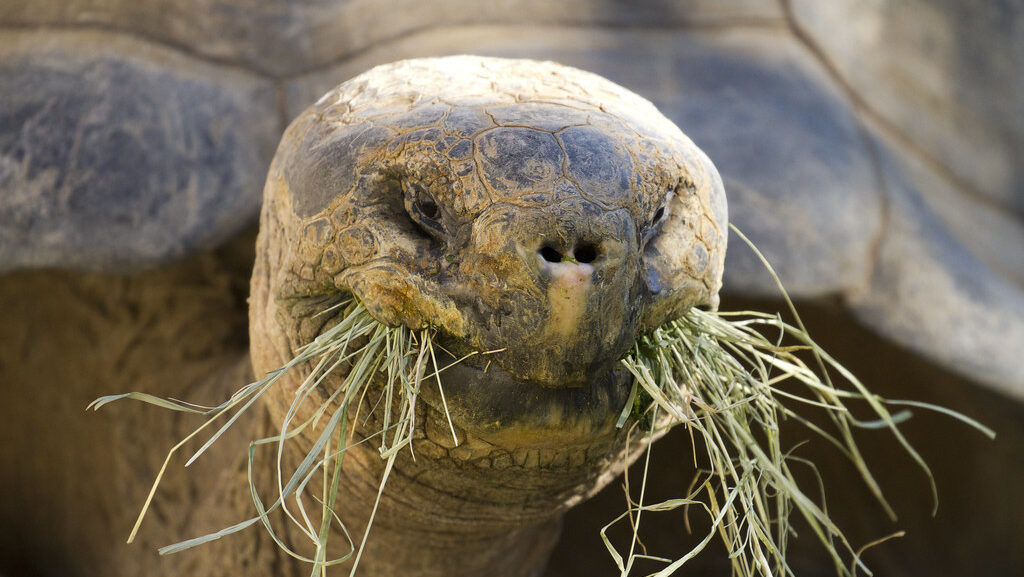
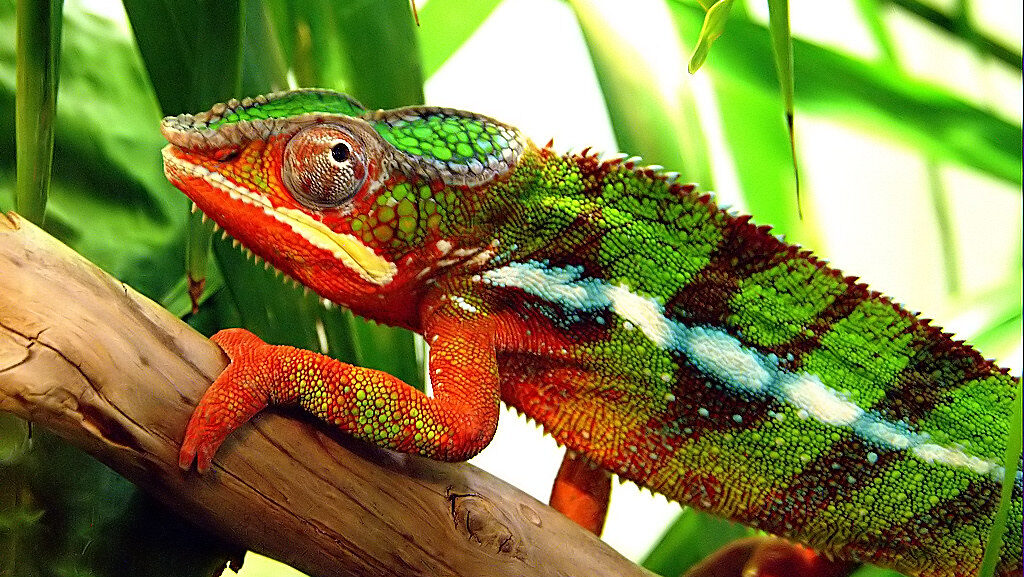
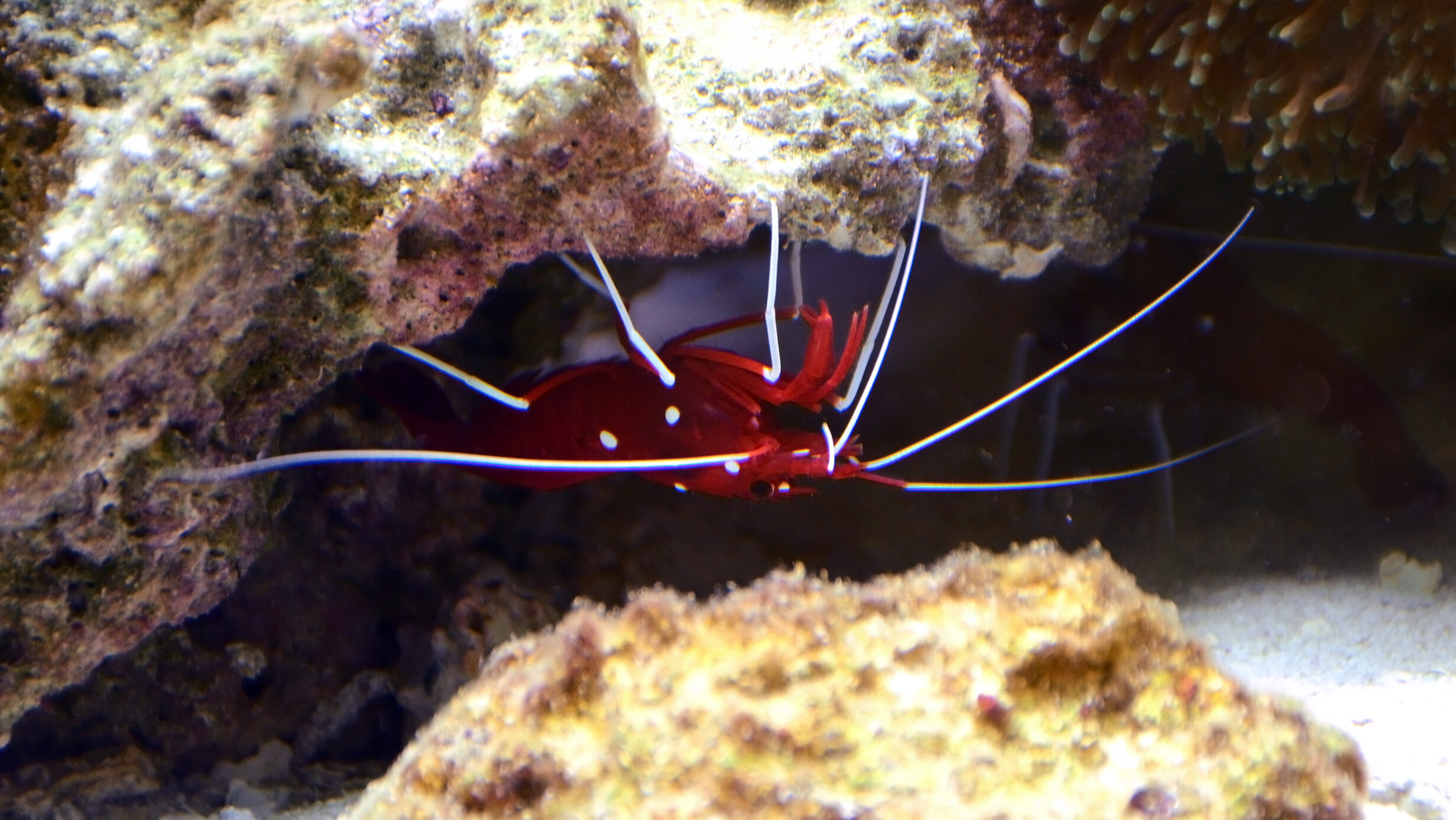
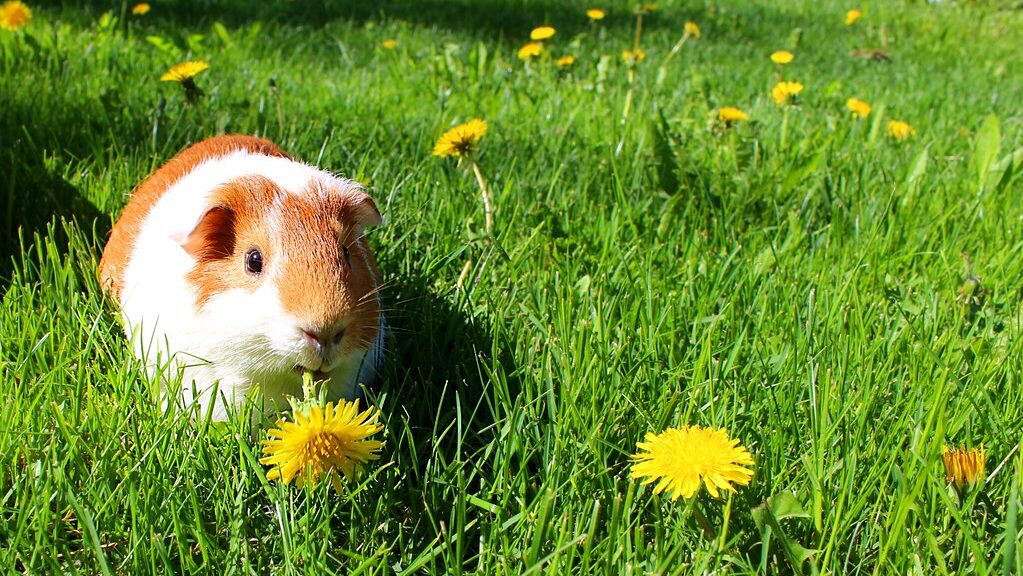
Leave a Reply